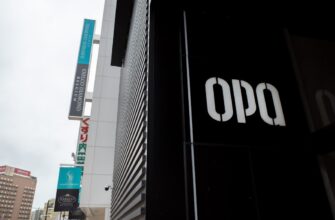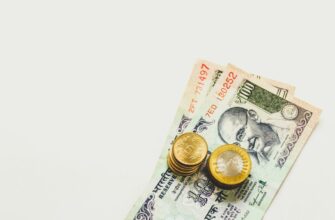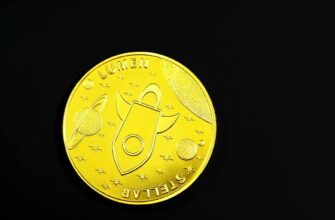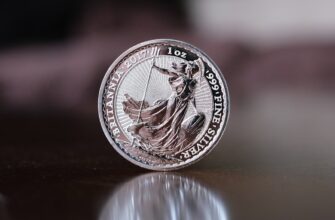## What Is the USDT to Naira Black Market Rate?
The USDT (Tether) to Naira black market rate refers to the exchange value of the popular stablecoin USDT against the Nigerian Naira in the parallel forex market. Unlike official channels, the black market operates outside government-regulated platforms, often offering higher Naira rates for USDT due to high demand and limited USD liquidity in Nigeria. This market thrives due to currency restrictions, economic instability, and the ease of peer-to-peer (P2P) crypto transactions.
## Factors Influencing USDT to Naira Black Market Rates Today
Several factors determine the fluctuating USDT to Naira rates on the black market:
– **Demand and Supply**: High demand for USDT (driven by businesses and individuals seeking forex) vs. limited supply pushes rates up.
– **Economic Instability**: Inflation, Naira devaluation, and low forex reserves increase reliance on the black market.
– **Government Policies**: Central Bank of Nigeria (CBN) restrictions on forex access force users to seek alternatives.
– **Cryptocurrency Volatility**: While USDT is stable, regulatory news or crypto market shifts can impact trader sentiment.
– **Global Oil Prices**: Nigeria’s oil-dependent economy affects USD availability, indirectly influencing black market rates.
## How to Check the Current USDT to Naira Black Market Rate
To get real-time USDT to Naira rates:
1. **P2P Platforms**: Check Binance, Paxful, or Remitano for live rates from verified traders.
2. **Social Media**: Follow forex-focused Telegram groups or Twitter accounts for daily updates.
3. **Local Dealers**: Contact trusted street vendors in Lagos, Abuja, or other major cities.
4. **Online Forums**: Platforms like Nairaland often have threads discussing current rates.
## Steps to Exchange USDT for Naira on the Black Market Safely
Follow these steps to minimize risks:
1. **Find a Reputable Dealer**: Use platforms with escrow services or referrals from trusted contacts.
2. **Negotiate Rates**: Compare multiple offers to avoid lowball prices.
3. **Transfer USDT**: Send USDT to the seller’s wallet only after agreeing on terms.
4. **Receive Naira**: Confirm payment via bank transfer, cash pickup, or mobile money.
5. **Verify Transaction**: Ensure funds reflect in your account before releasing the trader’s escrow.
## Risks of Using the Black Market for USDT to Naira Transactions
– **Scams**: Fake dealers may disappear after receiving USDT.
– **Legal Consequences**: The CBN prohibits forex transactions outside official channels.
– **Rate Volatility**: Prices can shift mid-transaction, causing losses.
– **No Recourse**: Disputes are hard to resolve without regulatory oversight.
## Black Market vs. Official USDT to Naira Rates: Key Differences
– **Exchange Rates**: Black market rates are often 20–30% higher than official rates.
– **Accessibility**: Banks impose strict limits on USD purchases, pushing users to the parallel market.
– **Legality**: Official channels are government-approved; the black market is illegal but widely tolerated.
– **Speed**: Black market transactions are faster, as they bypass bureaucratic delays.
## FAQ: USDT to Naira Black Market Transactions
**1. Is it legal to trade USDT on the black market in Nigeria?**
No. The CBN bans forex transactions outside licensed platforms, but enforcement is lax.
**2. What’s the safest way to exchange USDT for Naira?**
Use P2P platforms with escrow, like Binance, to protect against fraud.
**3. Why is the black market rate higher than the official rate?**
Limited USD supply and high demand drive up prices in the parallel market.
**4. Do I pay taxes on black market USDT trades?**
No, but the government may penalize unauthorized forex dealings if detected.
**5. How can I avoid scams when trading USDT for Naira?**
Verify dealer reputations, avoid upfront payments, and use escrow services.








